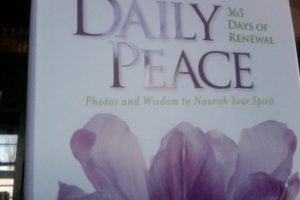It was an attic room in a four bedroom apartment, just a few miles from UNH and $140 a month. Eight months stood between me and college graduation: I could live with three strangers in an in-town Dover Colonial until then. It was a roof over my head and a short commute to work and school. It didn’t need to be any more than that.
Seven roommates came and went in the sixteen months I lived on Horne Street. Save one, the rest were luck-of-the-draw choices made by the landlady. But out of our sharing the same cheap apartment came some amazing things:
I was a bridesmaid in two of their weddings (Sharon and Marilyn).
I got one of them to the hospital for emergency surgery when no one else was around (Sue).
In the other attic room, in the four months we both lived there, I found a friend for life (Maryann).
In January a year later, Maryann and I celebrated our 25th birthdays in my Portsmouth apartment. A few weeks beyond that, an abnormal pap smear turned into aggressive cancer. Eighteen precious months of surgeries, hospital visits and driving to radiation treatments later, I sat in a church with her family to give her back to God.
I don’t think there’s any such thing as a choice of necessity and convenience that doesn’t hold within it the possibility to be life altering in unimaginable ways. Every so often, when I’m passing through the Dover area, I drive past my Horne Street home to remind myself of this.




